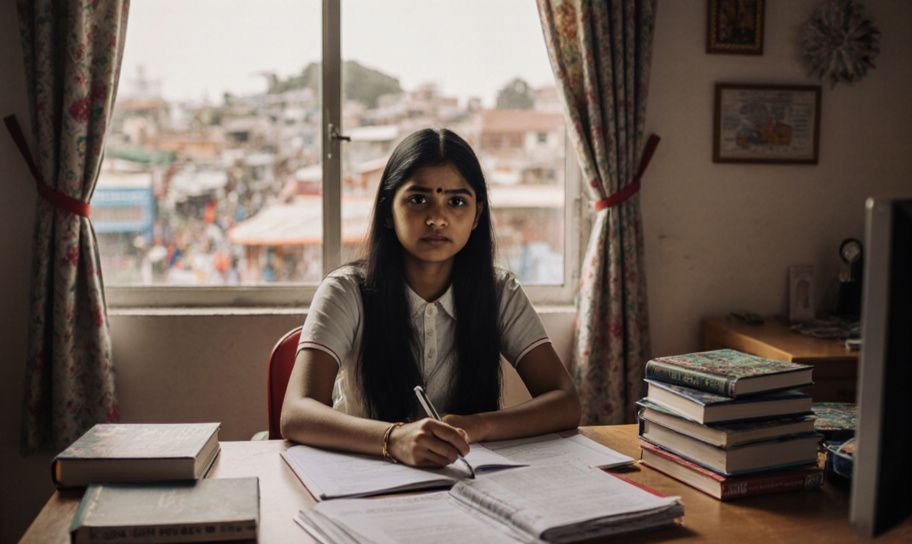
Jiya Patel, a bright student from Silvassa, faced obstacles in her quest to secure a medical seat. Despite scoring well in the NEET exams, she was denied admission due to reservation issues. The Bombay High Court stepped in to correct this unfairness.
Dipakbhai Premabhai Patel and his daughter, Jiya Patel, filed a case against the Union of India. Jiya, an 18-year-old aspiring doctor, was denied admission to the MBBS course at NAMO Medical Education and Research Institute, Silvassa, despite being eligible under the Scheduled Tribe (ST) category.
Jiya's grandmother moved to Silvassa in 1989, and her father, Dipakbhai, followed at the age of ten. Jiya, born and raised in Silvassa, belongs to the Dhodia community, recognized as an ST in both Gujarat and the Union Territory.
In 2024, Jiya scored 316 marks in NEET and was ranked 7th in the ST merit list. However, she was denied admission due to a misunderstanding of her eligibility for reservation.
In 2025, Jiya was pressured to apply from the general category, scoring 315 marks. Again, she faced obstacles in securing a seat. The court noted that Jiya's previous denial in 2024 influenced her decision to apply from the general category this time.
The court, led by Judges Ravindra V. Ghuge and Ashwin D. Bhobe, recognized the unfairness faced by Jiya. They referred to a previous Supreme Court decision that supported Jiya's eligibility for ST reservation due to her long-term residence in Silvassa.
"We can imagine the stress and hardships this girl student went through," the judges remarked, emphasizing the unfair treatment Jiya endured.
The court ordered that Jiya be granted admission to the medical college using one of the vacant ST seats available for the Daman & Diu area, ensuring she didn't lose another year due to administrative mistakes.
This case highlights the importance of fair treatment in educational admissions and serves as a reminder of the resilience required to fight for one's rightful place.